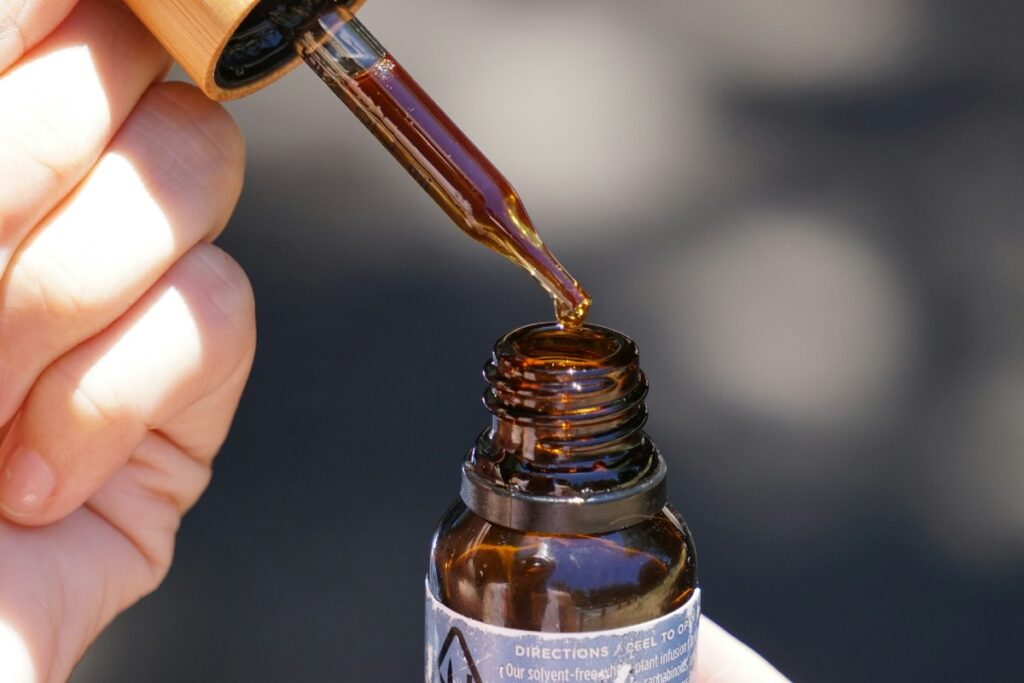
By Andy Brack, editor and publisher | People with everything from cancer and rheumatoid arthritis to multiple sclerosis and epilepsy will tell you the same thing about medical marijuana – it helps. For many, it helps a whole lot and in ways that traditional treatments don’t.
 Taken often as gummies or tinctures, medical marijuana can relieve serious nausea from chemotherapy infusions of life-giving poisons that treat cancer. It can reduce seizures. It can curb chronic pain from arthritis and conditions like cancer, multiple sclerosis, nerve damage and more. It often alleviates symptoms associated with post-traumatic stress syndrome.
Taken often as gummies or tinctures, medical marijuana can relieve serious nausea from chemotherapy infusions of life-giving poisons that treat cancer. It can reduce seizures. It can curb chronic pain from arthritis and conditions like cancer, multiple sclerosis, nerve damage and more. It often alleviates symptoms associated with post-traumatic stress syndrome.
And medical marijuana can give many suffering from ailments enough relief to be able to rest and recuperate. There’s also evidence that it improves sleep, increases appetite in people with HIV and AIDS, and reduces anxiety.
To not have medical marijuana available for South Carolinians who can really benefit from it is just plain cruel.
“The medicinal benefits are well-known, especially for those suffering from chronic pain,” said S.C. Rep. Marvin Pendarvis, D-Charleston. “We need to give those people opportunities for relief.”
Now there’s a good chance that a bill that passed 24-19 the Senate with bipartisan support on Feb. 14 after 10 years of legislative wrangling can be signed into law. But first, the S.C. House, which put the last-minute kibosh on a similar measure in 2022 because there was a tax problem in the proposal, has a chance to move it forward.
The sponsor of the Senate bill, Republican Sen. Tom Davis of Beaufort, says he likes the chances for final passage of the bill this year. He reportedly removed a 6% fee on medical marijuana sales that caused problems in 2022 that led to the proposal’s failure.
“I can’t think of a bill that has undergone more testimony, more scrutiny and more debate,” Davis said in an Associated Press report.
Davis emphasized that his “Compassionate Care Act” doesn’t seek to allow recreational marijuana use, and that under his newly passed bill, smoking marijuana would still be illegal. Patients would instead use oil, salves, patches or vaporizers. Illnesses that can be treated with marijuana products are also specified, including cancer, sickle cell anemia, autism and some post-traumatic stress disorders.
Another benefit of the bill is that it could throw a roadblock in the power that the state Department of Health and Environmental Control has over product labels for legal hemp-infused beverages. A recent crackdown has some businesses feeling threatened.
House members like Pendarvis say they’re cautiously optimistic of the chances of passage in the conservative House where Republicans outnumber Democrats by a 2-1 margin. A blend of Democrats, moderate Republicans and the libertarian-influenced-but conservative-Freedom Caucus seem to have enough votes to send the bill to Gov. Henry McMaster.
But there are opponents, including some in law enforcement and the House Family Caucus. It is a group of conservative Christian lawmakers who many fear will try to delay a vote on the measure by drawing up hundreds of amendments. The House only has so much time to debate this spring because it soon will have to take up the state budget.
Davis told reporters earlier this month that the House’s leadership is key to moving everything forward.
“It’s got to take leadership over there, saying to the members, ‘it’s been 10 years, we deserve a vote on this,’” he said. “Obviously that’s up to the speaker to decide whether to do that. I hope that he does.”
If South Carolina lawmakers approve use of medical marijuana for some patients, it would become the 39th state to legalize its use, according to S.C. Public Radio.
Let’s hope common sense prevails to put the proposal to a vote so that everyone retching from chemo treatments and dealing with pain can get a little relief.
Andy Brack is editor and publisher of Statehouse Report and the Charleston City Paper. Have a comment? Send to: feedback@statehousereport.com.


